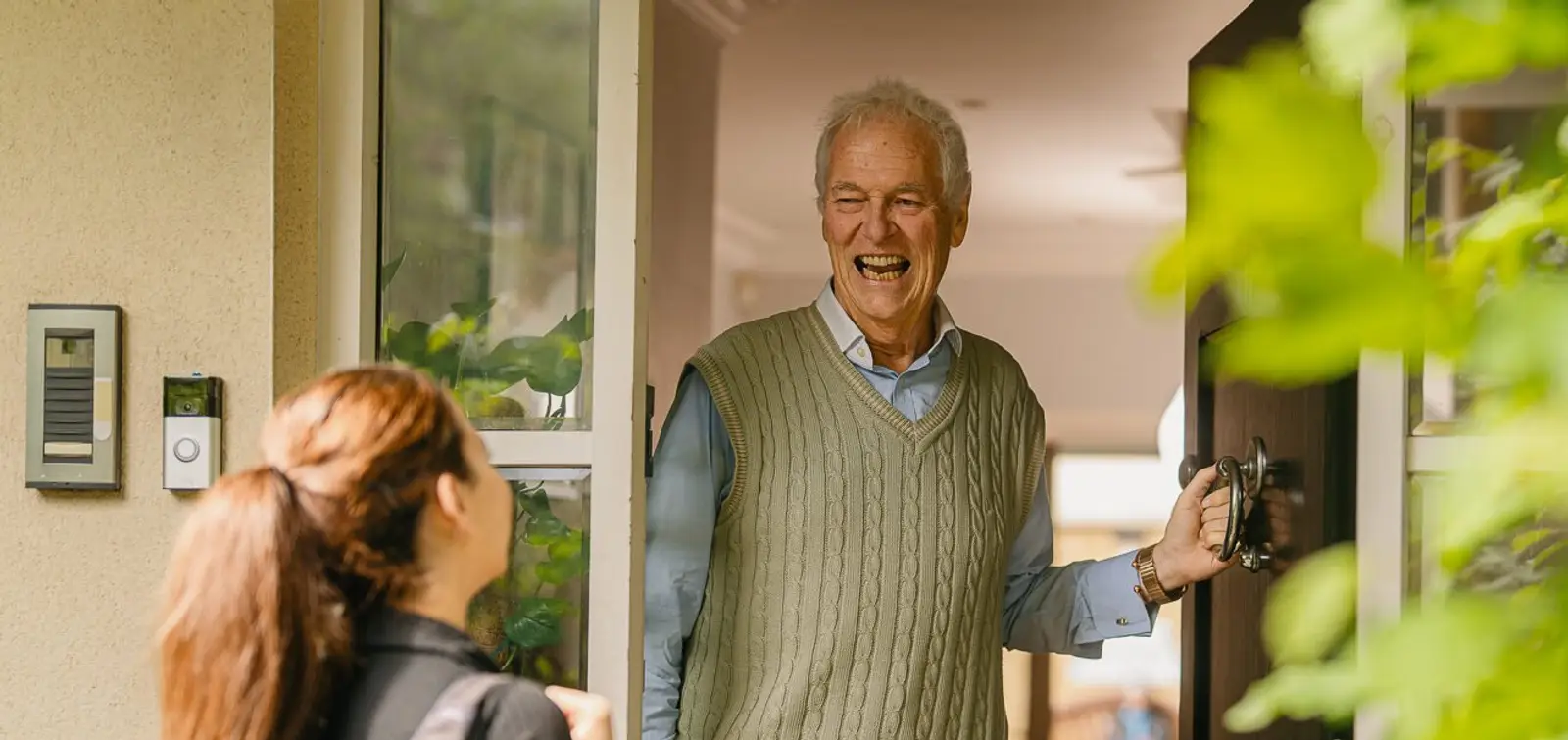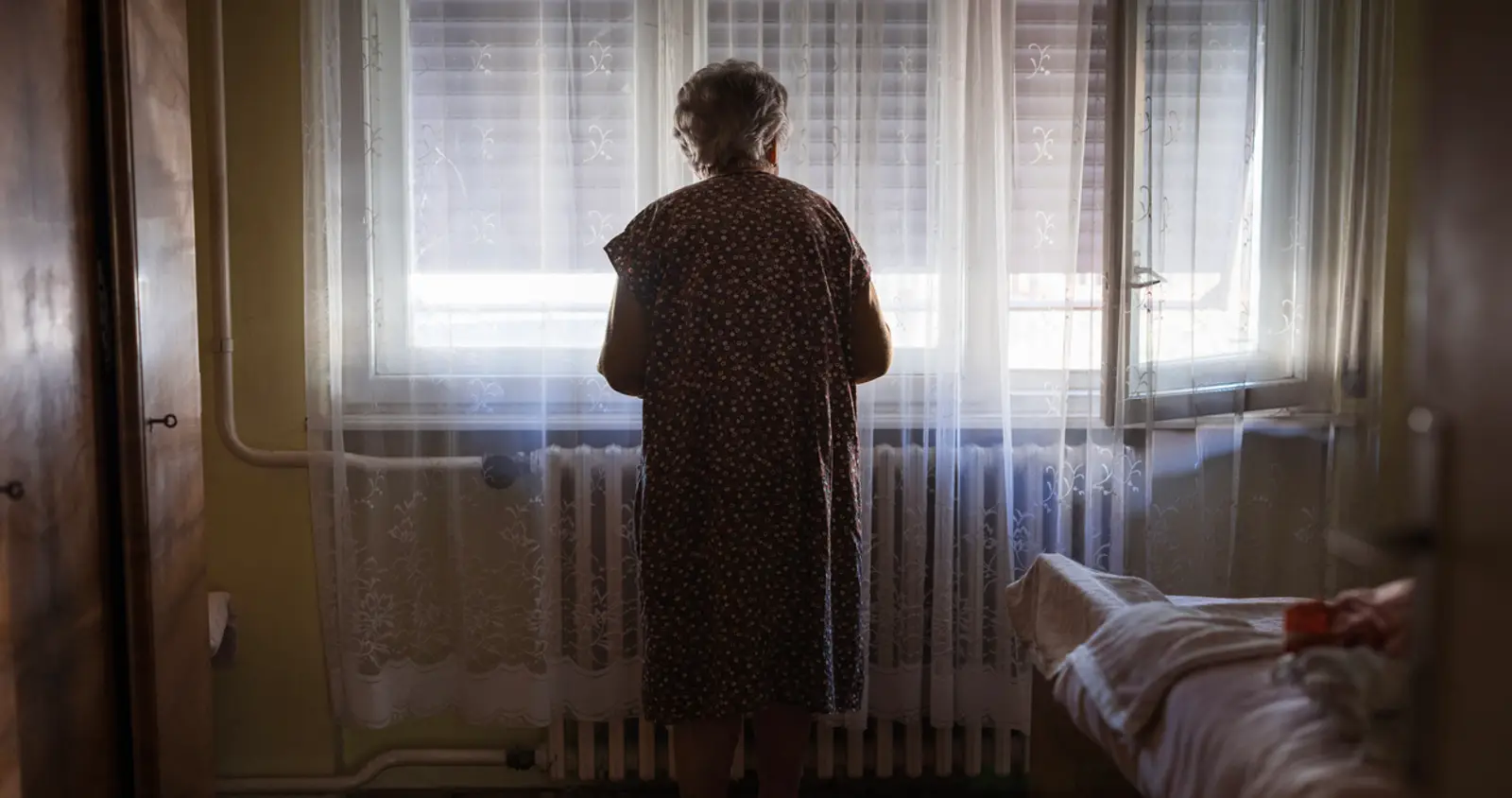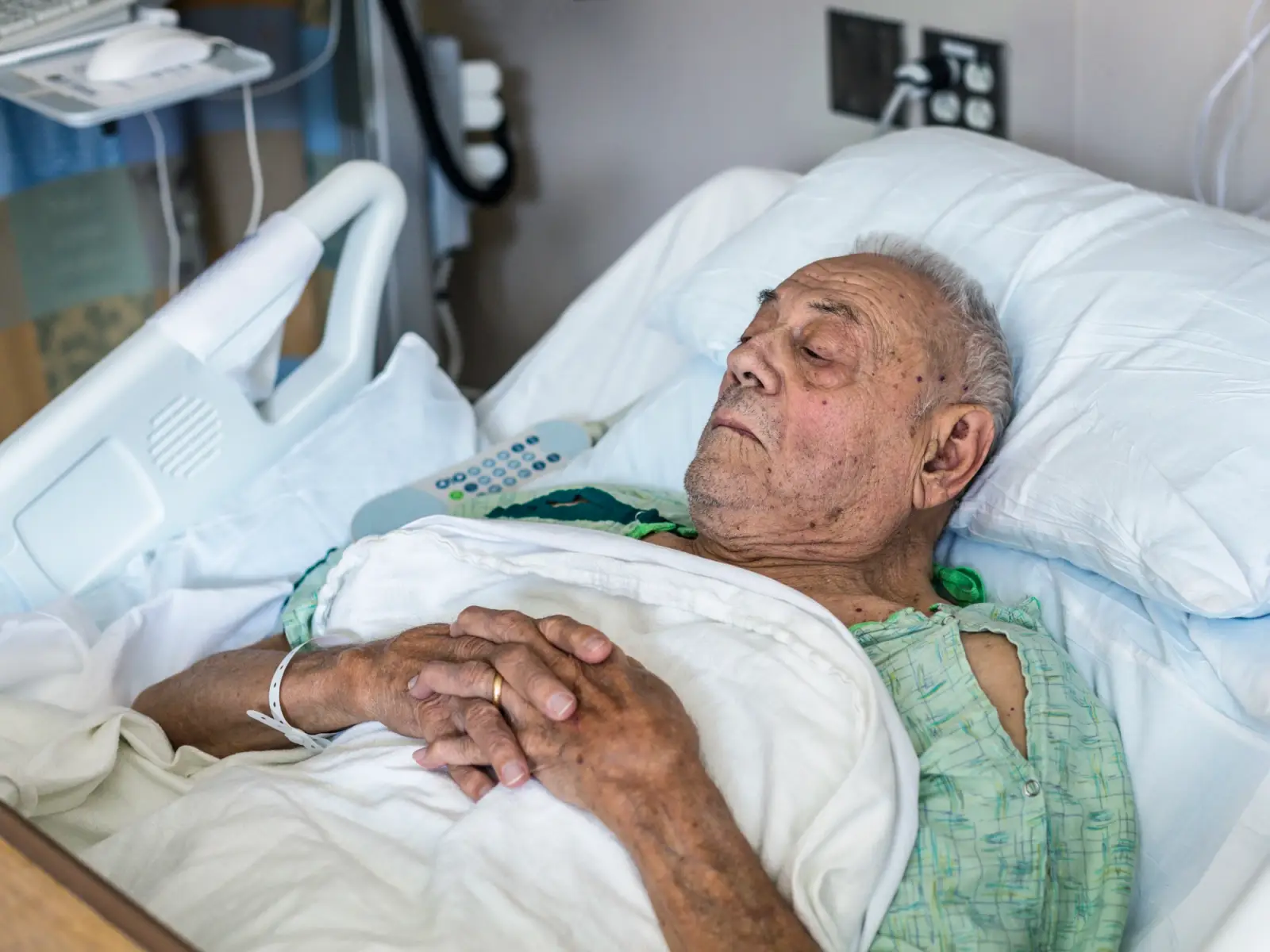Autumn Budget wins for families and live-in care sector
3-minute read | 26/11/2025

Editorial Contributor
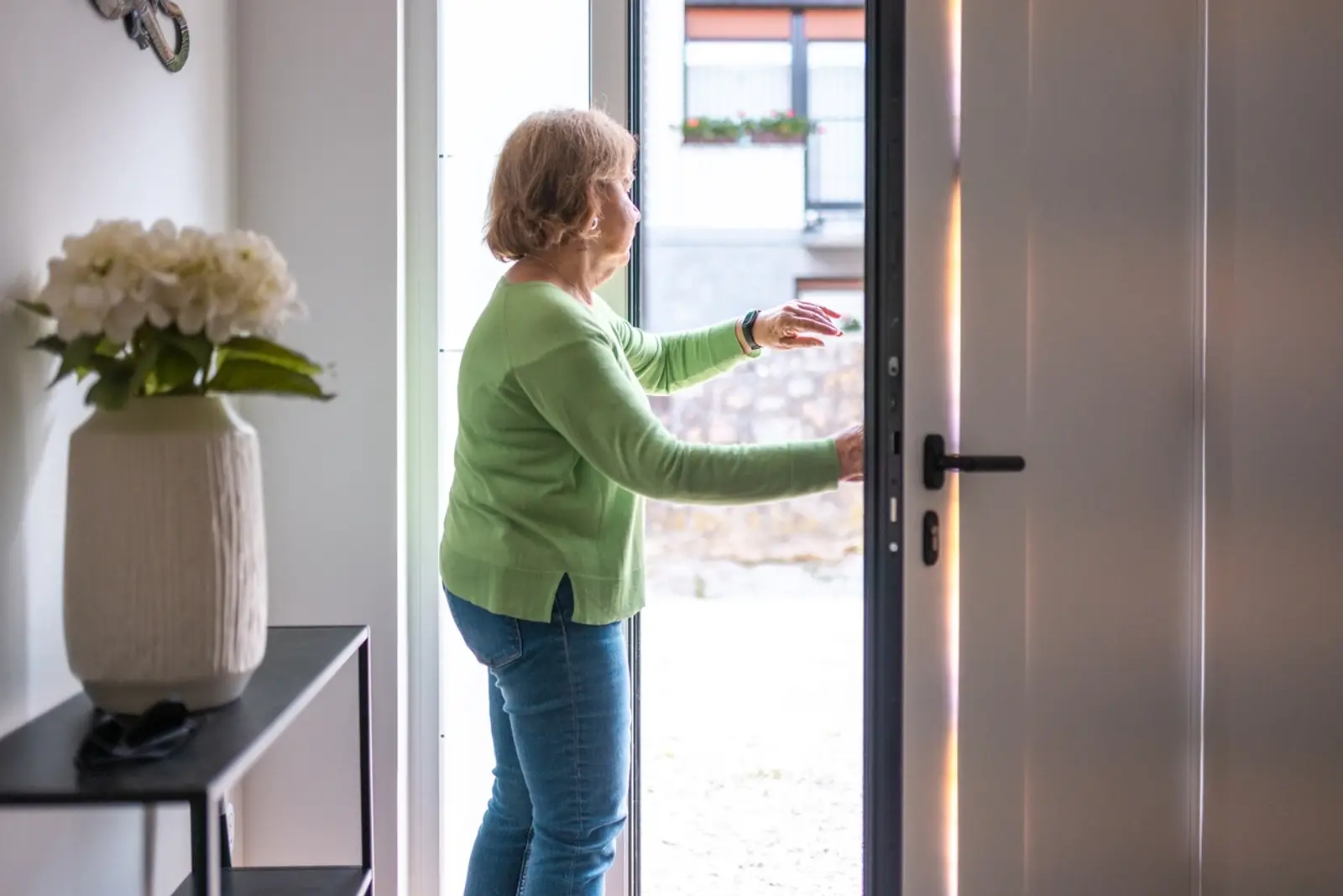
Elder, the UK’s leading live-in care provider, has welcomed key elements of the Autumn Budget that protect people’s ability to plan for later-life care, such as the £300 million NHS tech investment, no changes to the 25% tax-free pension lump sum, and a greater focus on community-based care with 250 new Neighbourhood Health Centres.
Tax-free lump sum untouched: Critical for later-life care planning
A major confirmation in the Budget was that the government will not touch the 25% tax-free pension lump sum, a long-standing and vital part of retirement planning for many older adults and their families.
Elder Founder and CEO Pete Dowds said the pension lump sum wasn’t a luxury, rather a vital element of how families plan and pay for their home care.

“We’re pleased to see the Chancellor protect the tax-free lump sum,” Mr Dowds said.
“At a time when costs are rising, and demand for personalised live-in care is growing, keeping this allowance intact gives older adults and their families much-needed stability.
“People increasingly want the choice to remain in their own home for as long as possible.
“The tax-free lump sum often helps them fund live-in care or make essential home adaptations that support independence and dignity.”
£300 million NHS technology investment: A step toward smarter, faster discharge
The Budget includes £300 million in technology investment for the NHS, aimed at boosting staff productivity and freeing clinicians to focus on patient care.
Elder supports the initiative, especially if part of the investment goes into improving hospital discharge processes and coordination between the NHS, care providers, and community services. This, Dowds said, must incorporate live-in care and home care teams who play a crucial role in hospital-to-home transitions.
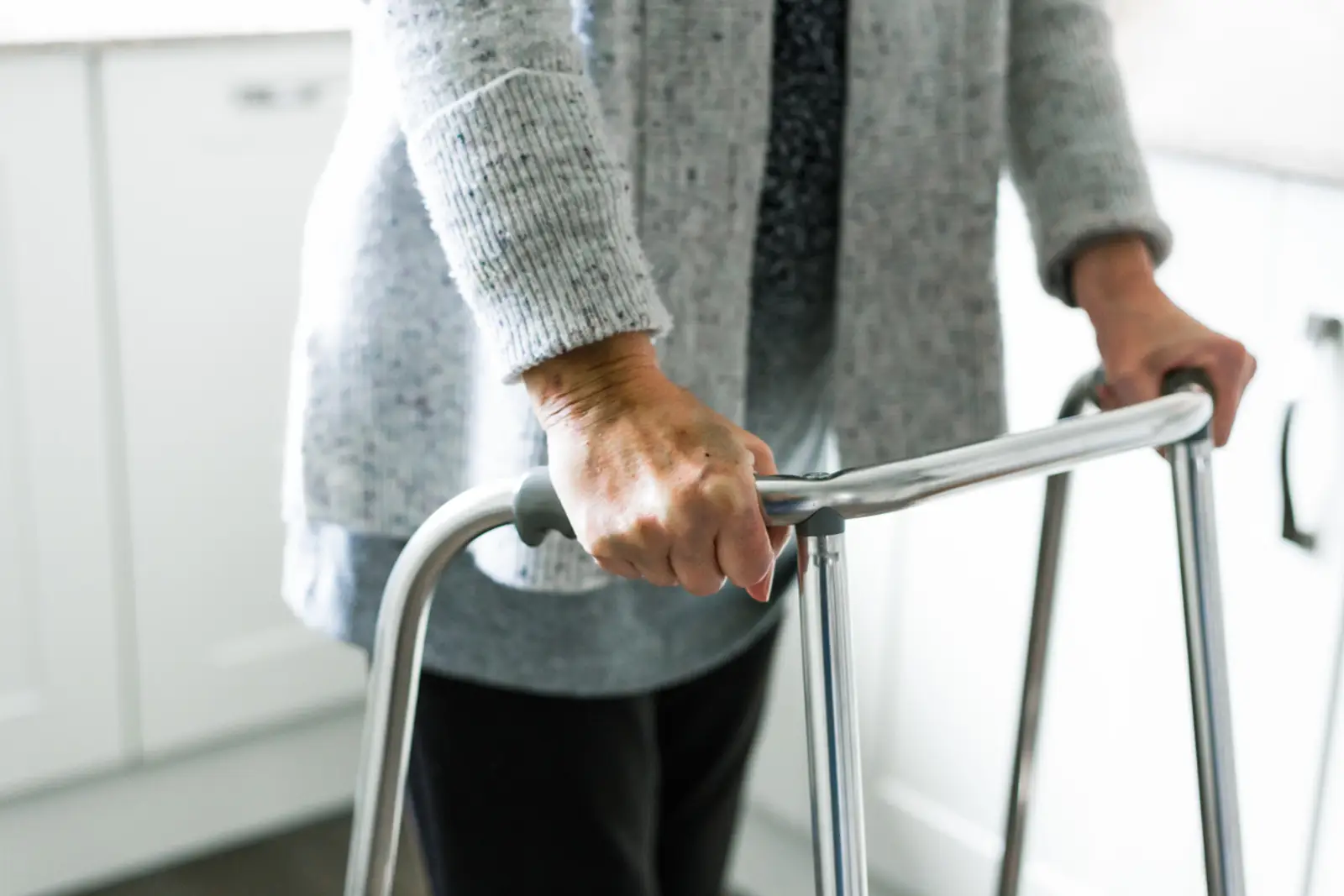
“The £300 million investment in NHS technology is essential for making frontline staff more productive and freeing up their time for patient care,” he said.
“But it’s also a real opportunity to improve how people move from hospital back into the community.
“Every day we see how delays in discharge can harm older people’s well-being.
“If even part of this funding is directed at modern, smart discharge tools such as better data-sharing, real-time coordination and clear handovers, people could return home sooner with the right home care or live-in care in place.”
Local community hubs key to preventing hospital admissions and supporting independence
In addition to hospital discharge, the Budget supports the addition of 250 new Neighbourhood Health Centres. These ‘one stop shops’ are critical for preventing unnecessary hospital admissions in the first place by offering early, accessible support that works hand-in-hand with home care and live-in care services.
“Proactive, community-based support is exactly what prevents smaller health issues from escalating into hospital emergencies, particularly for older adults,” Dowds said.
The need for a community care focus is illustrated by stark patterns in hospitalisations among older people. According to the British Geriatrics Society, people aged 65 and over account for roughly 40% of all hospital admissions and around 60% of all hospital bed-days.
“Once older people are admitted, they are more likely to have longer stays and experience delayed discharge, which can lead to declining mobility, increased frailty and higher risk of readmission,” Dowds said.

